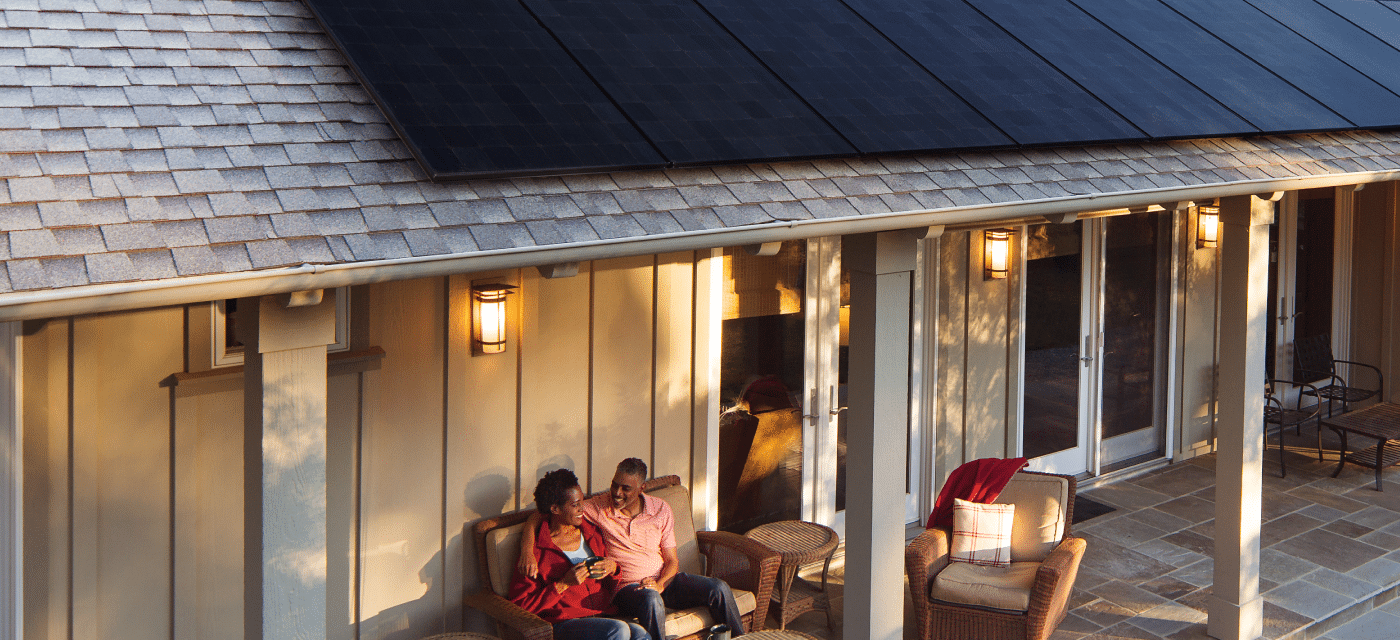Maintaining Your Home After Purchase
Regular maintenance can take time, planning, and money, but it can help you to save on unexpected repair costs and keep the value of your home up.

Owning your own home can be an excellent investment. It can also be financially draining if you aren’t completing basic maintenance and upkeep tasks in a timely manner. Regular maintenance can take time, planning, and money, but it can help you to save on unexpected repair costs and keep the value of your home up. Here are some of our tips for becoming a financially responsible homeowner.
Stay On Top Of Regular Maintenance
Your house needs regular maintenance, just like your car. However, unlike your car, homes don’t typically have maintenance lights that come on when something needs attention. It may seem overwhelming to remember everything you need to do to keep your house in good repair, but with a little organization, you can find a system that works for you.
You may decide to keep a checklist on your fridge or add to a family binder (if you have one). Or, if you prefer a more high-tech solution, you can set recurring reminders in whatever calendar or task manager you already use. Whatever method you choose, below are some regular maintenance tasks to add to your list (don’t forget to add any extra maintenance your home may need or take ones that don’t apply to you off the list).
Monthly
- Clean or replace air filters (Pro tip: washable filters are affordable and environmentally friendly)
- Clean faucet aerators and showerheads to remove mineral deposits
- Unclog/clean sink and shower drains
- Test smoke alarms, carbon monoxide detectors, and fire extinguishers
- Inspect electrical cords for wear
- Flush out hot water from the water heater to remove accumulated sediment
- Clean the garbage disposal by grinding ice cubes, then flushing with hot water and baking soda
- Dust air vents and returns
- If you have one, check the water softener and replenish salt if necessary
Fall
- Hire a professional to inspect and make necessary repairs to your heating system
- Check the fireplace for damage or hazards
- Clean fireplace flues, or bring in a professional to inspect
- Seal cracks and gaps in windows and doors with caulk or weather stripping; replace if necessary
- Inspect roofing for missing, loose, or damaged shingles and leaks
- Remove leaves and debris from gutters and downspouts (Pro tip: you can purchase and easily install gutter shields that allow water to flow through, but keep leaves and other debris out)
- Drain and winterize exterior plumbing
- Check water heater for leaks
Spring
- Inspect roofing for missing, loose, or damaged shingles and leaks, especially after winter storms
- Clean window and door screens
- Power-wash windows and siding
- Remove leaves and debris from gutters and downspouts
- Replace the batteries in smoke and carbon monoxide detectors
- Have a professional inspect and pump the septic tank
- Remove the insulation from outdoor faucets, check sprinkler heads, or other winterization you may have completed
- Have your air-conditioning system professionally inspected
- Fertilize your lawn
- Schedule tree trimming for large trees and shrubs
- Oil and inspect automatic garage doors or have them professionally tuned
Yearly
- Analyze energy costs and look for ways to save by replacing old windows and appliances with energy-efficient options (Pro tip: check your local energy providers for rebates and specials)
- Check property values in your area and compare them with the estimated value of your home
- Inspect all outdoor vents, walls, and foundations for holes that rodents could enter
- Have a pest inspection and schedule regular visits, as necessary
- Look for leaks and any standing water and repair
- Inspect your sprinklers and irrigation systems
What About Home Warranty Policies?
If you are a homeowner, you may have received a home warranty as part of your purchase. As with any warranty or insurance, you should compare costs and find the best one to meet your needs. You want to make sure you are not over-insured/protected but still covered for large, unexpected costs.
When considering a home warranty, consider the following:
1. The age of your home and components. If your home is relatively new, repair and maintenance costs will be few and far between, at least for a few years. Older homes may require more repairs and upkeep. You may also have certain warranties that are bundled with a brand new home purchase for items such as foundation, A/C system, drywall, and more.
2. The cost of the monthly premium compared with anticipated repair costs. Analyze the full yearly cost of your home warranty policy. Do you reasonably expect any repair costs to exceed that amount? If so, a home warranty will likely be financially beneficial. If not, you might be better off setting that amount aside in savings that can be used for other purposes as well.
3. Can you learn to DIY problems yourself? Many home repairs can be done by following online tutorials or getting help from your local hardware store. Maintaining your home yourself is ultimately the best way to save money as a homeowner.
Consistency Is Key
Whatever maintenance schedule you decide works for your household, you will only realize the financial benefits if you stay consistent. The plan above may be more than you need, or it may be missing essential maintenance that your particular property may require. However, as long as you complete regular and consistent maintenance, you can turn your home into a financial gain, rather than a drain.
Copyright BALANCE
Related Articles
Top 3 Ways To Unlock Your Home’s Equity

Learn how a Cash-Out Refinance, Home Equity Loan, and HELOC work to determine whether any of these options fit your needs.
Important Things To Know About A Cash-Out Refinance

Thinking about tapping into your home’s equity? Familiarize yourself with how a cash-out refinance works along with its benefits.
Beginner’s Guide To Solar Power

Solar power technology can seem complex. That’s why our partner, Freedom Solar Power, has put together this beginner’s guide to solar panels.
